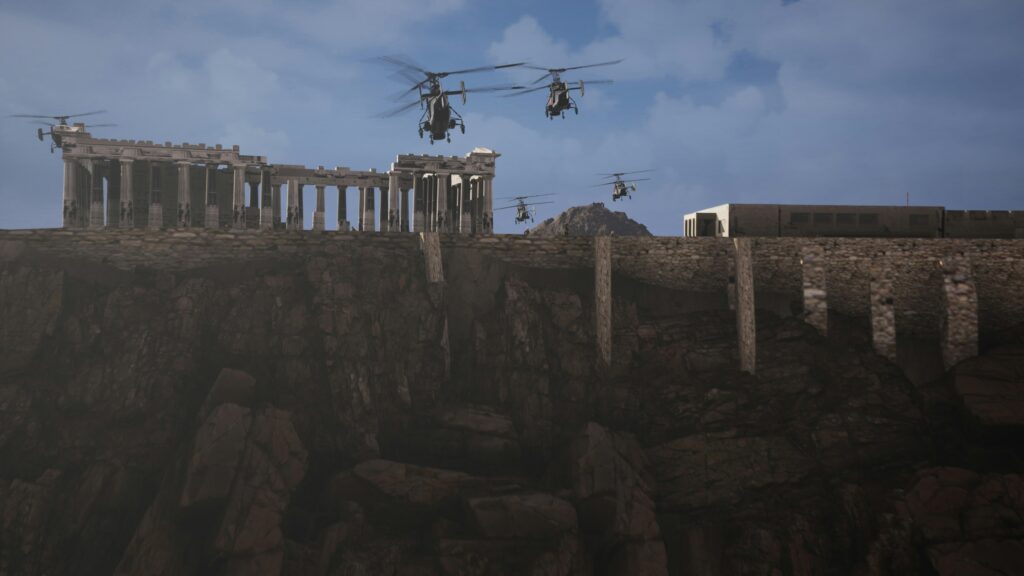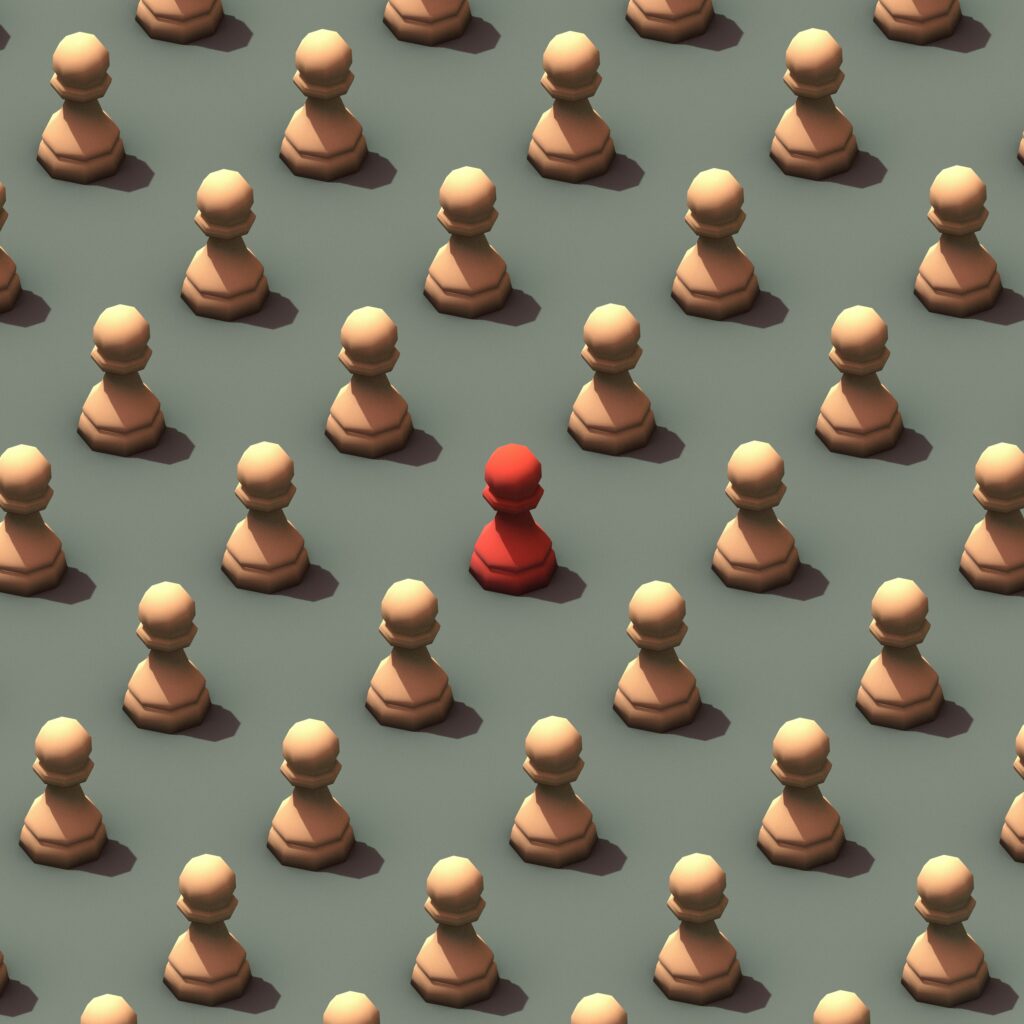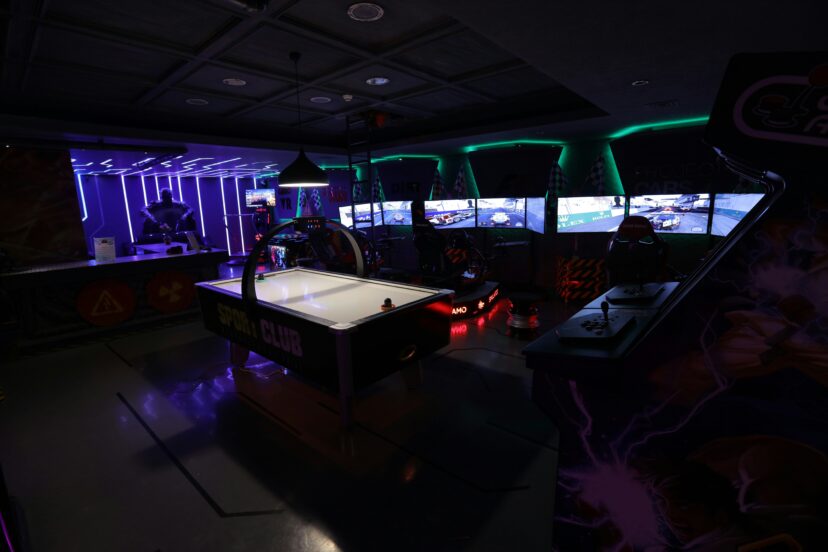Best Resources for Beginners in Game Development
Hey everyone! Have you ever dreamed of creating your own video game? Well, you’re in the right place. In our article, “Best Resources for Beginners in Game Development,” we’re diving into some top-notch tools, courses, and communities that can help us all get started on this exciting journey. We’ll explore user-friendly software, beginner-friendly tutorials, and vibrant forums where we can connect with fellow aspiring game developers. Whether we’re aiming to create the next blockbuster or just want to experiment and have fun, these resources are perfect to set us on the right path. Let’s embark on this creative adventure together! Have you ever wondered what the best resources for beginners in game development are? We certainly have, and through our journey, we’ve compiled a list we think you’ll find super helpful. Game development can seem like a daunting field when you first dive in, but it doesn’t have to be. With the right resources, it’s entirely possible to go from complete novice to proficient game developer.
In this friendly and comprehensive guide, we’ll share everything from free courses to software tools, all perfect for beginners. We’ll break down each category to help you understand what fits best for your needs.

Why Choose Game Development?
Before we dive into the resources, let’s take a moment to understand why game development is such a rewarding field. Not only does it allow us to transform our creative visions into interactive experiences, but it also provides a massive platform for storytelling, problem-solving, and innovation. Moreover, the skills we gain in game development—such as coding, design thinking, and project management—are applicable in various other tech fields.
The Demand for Game Developers
The gaming industry is booming, and the demand for skilled game developers has never been higher. Whether you’re interested in creating indie games or working for a major gaming company, the opportunities are abundant. According to market analyses, the global gaming market could reach hundreds of billions of dollars in the next few years. So if you’re looking for a field with a promising career, game development is an excellent choice.
Languages and Tools for Game Development
The first step in your game development journey is understanding the fundamental languages and tools used in the industry. Let’s break down some of the most commonly used languages and tools.
Programming Languages
Learning the right programming language can make your game development easier and more efficient. Below, we’ve highlighted the languages that are most commonly used in the field.
| Language | Description | Difficulty | Best For |
|---|---|---|---|
| Python | Great for beginners, easy syntax | Easy | Prototypes, indie games |
| C++ | Powerful but complex, industry standard | Hard | Large, high-performance games |
| JavaScript | Widely used for web-based games | Moderate | Browser games |
| C# | Popular for Unity development | Moderate | Unity-based 2D and 3D games |
Game Engines
Game engines provide the fundamental building blocks for game creation. Here are some top game engines we recommend for beginners.
Unity
Unity is one of the most popular game engines for both beginners and professionals. Its user-friendly interface and extensive community tutorials make it an excellent starting point.
Pros:
- Great for 2D and 3D games
- Extensive asset store
- Comprehensive documentation and tutorials
Cons:
- Can be heavy on system resources
Unreal Engine
If you’re interested in high-end, visually stunning games, Unreal Engine is your go-to.
Pros:
- Robust graphics and rendering capabilities
- Blueprint visual scripting for non-coders
- Massive community support
Cons:
- Steeper learning curve
Godot
Godot is a fantastic open-source game engine that is gaining popularity. It offers a versatile environment for both 2D and 3D game development.
Pros:
- Lightweight and agile
- Easy to learn scripting in GDScript
- No royalties or fees
Cons:
- Smaller community compared to Unity or Unreal
Educational Platforms
Learning game development has never been more accessible, thanks to numerous online platforms that offer free and paid courses.
Udemy
Udemy boasts a variety of courses designed to cater to all skill levels. Each course comes with lifetime access, enabling us to learn at our own pace.
Popular Courses:
- Complete C# Unity Developer
- Unreal Engine Developer Course
Coursera
Known for its higher academic quality, Coursera partners with universities and organizations to provide quality game development courses.
Highly Rated Courses:
- Game Design and Development from Michigan State University
- C++ for C Developers
Khan Academy
While not primarily focused on game development, Khan Academy offers excellent foundational courses in programming, which is a crucial part of game development.
Courses to Check Out:
- Intro to JS: Drawing & Animation
- Computer Programming Basics
Codecademy
With its interactive, hands-on approach, Codecademy is perfect for beginners who want to learn by doing.
Notable Courses:
- Learn Python
- Learn JavaScript
LinkedIn Learning
LinkedIn Learning offers a range of courses in game development and design from industry experts. If you’re already on LinkedIn, this could be a seamless addition to your professional development.
Recommended Courses:
- Learning Unreal Engine
- Unity 3D Essential Training
Books
Sometimes we need to step away from our screens and dive into some good old-fashioned reading. Here are some of the best books for beginners in game development.
“The Art of Game Design: A Book of Lenses” by Jesse Schell
This book offers a unique perspective on game design, focusing on the concept of lenses to view and develop games creatively.
“Game Programming Patterns” by Robert Nystrom
Perfect for understanding the architectural patterns in game development, this book breaks down complex concepts into digestible pieces.
“Unity in Action” by Joe Hocking
A beginner-friendly guide to Unity, this book walks you through creating multiple games from scratch, complete with detailed explanations.
“Real-Time Rendering” by Tomas Akenine-Möller
For those of us interested in the technical aspect of graphics, this book provides an in-depth look at rendering algorithms and techniques.

Forums and Communities
Being part of a community can make your learning journey much easier and more enjoyable. Here are some forums and online communities where you can find help, share your work, and learn from others.
Subreddits like r/gamedev, r/Unity3D, and r/godot are great places to ask questions and showcase your projects.
Stack Overflow
A go-to resource for debugging and problem-solving, Stack Overflow has a vibrant community of game developers.
Unity Forum
An official forum where Unity users can find comprehensive support, share their projects, and discuss various topics related to Unity development.
Unreal Engine Community
If you’re using Unreal Engine, this is your hub for finding tutorials, assets, and community advice.
Discord Servers
Joining a Discord server can provide real-time interaction with other game developers. Servers like “Game Dev League” and “Indie Developer” offer chat rooms, voice channels, and more for collaboration and help.
Practice Platforms
Practice is essential in mastering game development. Fortunately, there are several platforms where we can apply what we’ve learned by making small games, participating in jams, and more.
itch.io
A fantastic platform for indie game developers, itch.io allows us to upload and share our games. It’s also a great place to find game jams and challenges that can hone our skills.
Game Jolt
Game Jolt, like itch.io, is a platform where game developers share their work and receive feedback from the community. It also hosts frequent game jams.
GitHub
GitHub is invaluable for version control and collaboration in game development. Many game developers use it to share their code, collaborate on projects, and learn from others’ repositories.

Software Tools
Besides game engines, several other tools can simplify different aspects of game development, from designing graphics to writing code.
Visual Studio Code
A versatile and free text editor, Visual Studio Code supports numerous languages and is highly customizable.
Features:
- Integrated terminal
- Debugging capabilities
- Extensions marketplace
Blender
Blender is an open-source 3D modeling and animation software that’s perfect for both beginners and pros.
Advantages:
- Comprehensive tutorials
- Wide range of functionalities
- Completely free
GIMP
GIMP is a free alternative to Photoshop that’s great for 2D graphics and textures.
Pros:
- User-friendly interface
- Many online tutorials
- Wide array of tools
Trello
Trello is ideal for project management. Its board and card system makes it easy to organize tasks and track progress.
Highlights:
- Intuitive interface
- Collaboration features
- Integration with other tools
Honing Your Skills
Once we have our basic knowledge and tools, it’s time to practice and hone our skills. Let’s look at some effective ways to do just that.
Participate in Game Jams
Game jams are time-bound competitions where developers create games based on a theme. They’re excellent for quick learning and networking.
Popular Jams:
- Ludum Dare
- Global Game Jam
- itch.io hosted jams
Collaborate
Working with others can expedite our learning. Whether through forums, Discord servers, or local meetups, collaboration brings new perspectives and skills.
Build Small Projects
Instead of jumping into a large, complicated game, start with small projects. Simple games like Pong, Tetris, or a basic platformer are perfect starting points.
Open Source Contributions
Contributing to open-source projects can provide us with real-world experience and the chance to collaborate with seasoned developers.
Best Practices
Maintaining best practices in game development can help us avoid common pitfalls and improve the quality of our work.
Write Clean Code
Clean code is easier to read, debug, and maintain. Stick to consistent naming conventions, comment your code, and refactor as needed.
Optimize Early
Performance optimization can make a big difference in your game’s success. Learn about memory management, efficient rendering, and other optimization techniques early on.
Use Version Control
Version control systems like Git are crucial for managing your codebase. They allow you to track changes, revert to previous versions, and collaborate seamlessly.
Test Regularly
Regular testing can catch bugs early and save time in the long run. Use both manual and automated testing methods to ensure your game runs smoothly.
Seek Feedback
Feedback is invaluable in improving your game. Share your projects with the community, friends, or testers to get constructive criticism and suggestions.
Conclusion
Embarking on the journey to become a game developer is as exciting as it is challenging. With the right resources, tools, and community support, we can transform our creative ideas into amazing games. We’ve covered everything from programming languages and game engines to educational platforms and forums, aiming to equip you with a comprehensive guide to start your game development journey.
Remember, the key is to start small, practice regularly, and never hesitate to seek help from the community. Happy game developing!
We hope this guide has provided you with valuable insights and resources. If you have any questions or additional tips, feel free to share them. Let’s continue learning and creating together!


